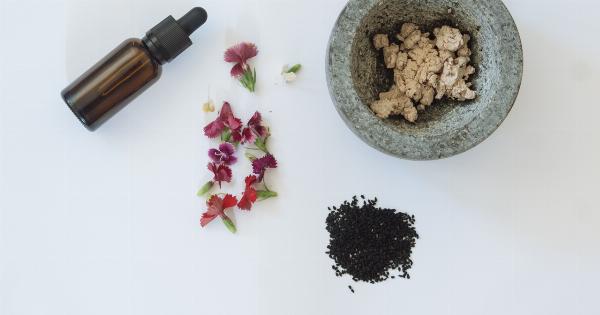Eczema is a skin condition that causes itching, redness, and inflammation. It is a chronic condition that affects millions of people around the world.
Eczema can be triggered by certain factors such as irritants, allergens, stress, and changes in temperature. Though eczema is not curable, many people find ways to manage it to reduce the frequency and severity of flare-ups.
What Causes Eczema?
There are many factors that can cause eczema. However, the exact causes are still unknown. Some factors that may trigger or worsen eczema include:.
- Genetics: people with a family history of eczema, hay fever, or asthma may be more likely to develop eczema
- Environmental factors such as weather changes, dry or humid climates, and pollution
- Allergens: such as dust mites, pet dander, and pollen
- Irritants: such as soaps, detergents, and other chemicals
- Hormones
- Stress: emotional or physical stress can trigger eczema
How To Manage The Itching Associated With Eczema?
The constant itching and scratching associated with eczema can be frustrating and uncomfortable. However, there are many ways to manage itching associated with eczema. Some tips include:.
1. Keep the skin moisturized
Dry skin is a common trigger for eczema, and it can make itching worse. Regularly moisturizing the skin can help reduce dryness and itching. Use a moisturizer that is free of added fragrances, dyes, and chemicals that can irritate the skin.
Apply the moisturizer immediately after bathing or showering while the skin is still damp as this helps to lock in moisture.
2. Avoid triggers
Identifying and avoiding eczema triggers is an important step in managing itching associated with eczema. Common triggers include stress, animal dander, pollen, and certain foods.
By avoiding these triggers, it is possible to reduce the frequency and severity of flare-ups and control itching.
3. Use a cold compress
Applying a cold compress to the area of the skin affected by eczema can help relieve itching and reduce inflammation. A person can make a cold compress by soaking a clean cloth in cold water and wringing it out before applying it to the skin.
Alternatively, they can use a bag of frozen vegetables wrapped in a towel.
4. Avoid scratching the skin
Scratching the skin can make itching worse and lead to infections, so it is essential to avoid scratching. Wearing gloves or using a barrier cream can help reduce the urge to scratch.
In addition, trimming nails short can also minimize damage from scratching, and stop infections that may occur from broken skin.
5. Take lukewarm baths or showers
Excessive hot water and prolonged bathing can strip the skin of its natural oils, leaving it dry and itchy. Taking lukewarm baths or showers with mild soap may help to avoid this problem and keep skin hydrated.
Pat the skin dry after the bath to prevent irritation, and apply moisturizer thoroughly.
6. Use medication
There are over-the-counter creams and lotions that can help reduce itching associated with eczema. For people with severe cases of eczema, a doctor may prescribe a steroid cream or other medication to help alleviate the symptoms.
Conclusion
Eczema is an uncomfortable and persistent skin condition that affects millions of people worldwide. While it cannot be cured, it can be managed to alleviate the associated itching.
A combination of lifestyle changes and medication can help manage the symptoms of eczema and improve the quality of life of people suffering from it.





























